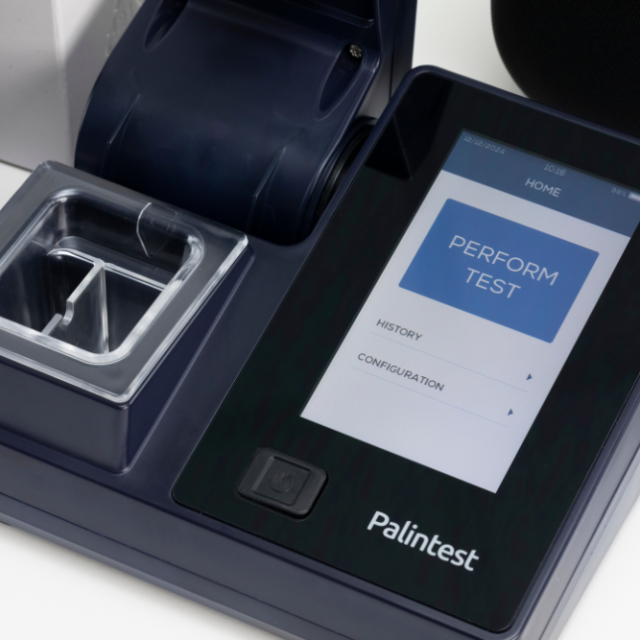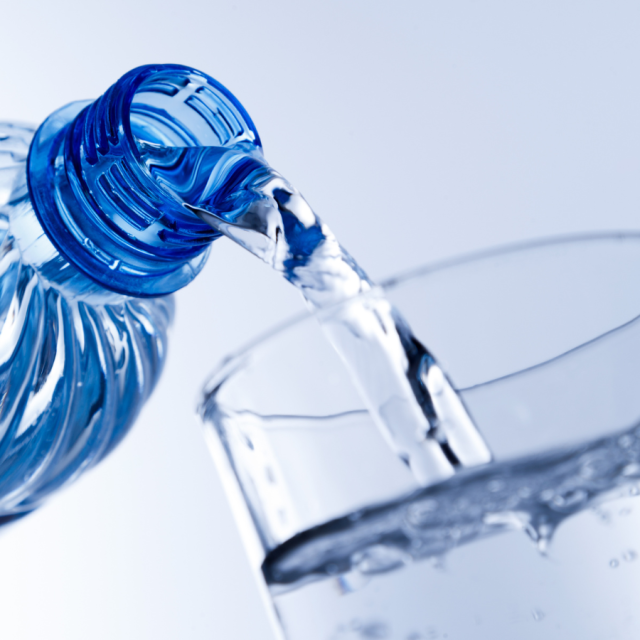
Why You Need to Test the Hardness of Industrial Water
Why You Need to Test the Hardness of Industrial Water
Testing for water hardness in industrial settings is crucial due to its significant impact on equipment efficiency and maintenance costs. Water hardness, determined by the concentration of minerals like calcium and magnesium, affects various industrial processes.
Understanding Water Hardness
Water hardness refers to the amount of dissolved calcium and magnesium in water. Hard water, high in these minerals, can lead to the formation of scale on industrial equipment, pipes, and heating elements. This scaling can significantly decrease the efficiency of heat transfer, increase energy usage, and escalate maintenance requirements.
Impacts on Industrial Operations
In industries, such as textile and paper manufacturing, water hardness can influence product quality. Hard water can also affect the efficiency of boilers and cooling towers, leading to increased operational costs. In processes where water is a primary ingredient or solvent, the hardness level can alter chemical reactions and product quality.
Scaling: A Major Concern
The primary concern with hard water in industrial settings is scaling. Scale buildup can reduce the efficiency of heating systems, clog pipes, and lead to premature equipment failure. This not only increases energy consumption but also necessitates frequent cleaning and replacement of components.
Water Hardness and Treatment Processes
The hardness of water can affect water treatment processes. It can interfere with coagulation in wastewater treatment, hinder the effectiveness of detergents and cleaning agents, and impact the operation of ion exchange systems used for water softening.
Testing Methods for Water Hardness
Various methods are available for testing water hardness, including titration with a chemical indicator, electronic water hardness testers, and test strips. These methods help in determining the concentration of calcium and magnesium, allowing industries to take appropriate measures to treat and manage water hardness.
The Need for Regular Monitoring
Regular testing of water hardness is essential for industrial water systems. It ensures that the hardness levels are managed effectively to prevent scale buildup and maintain operational efficiency. Monitoring water hardness is also crucial for compliance with environmental regulations and standards.




